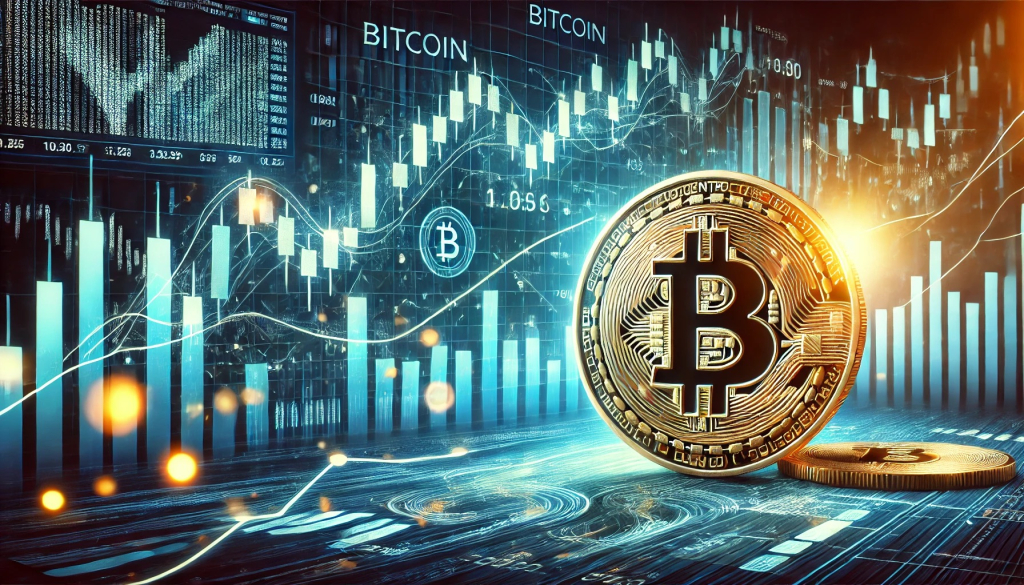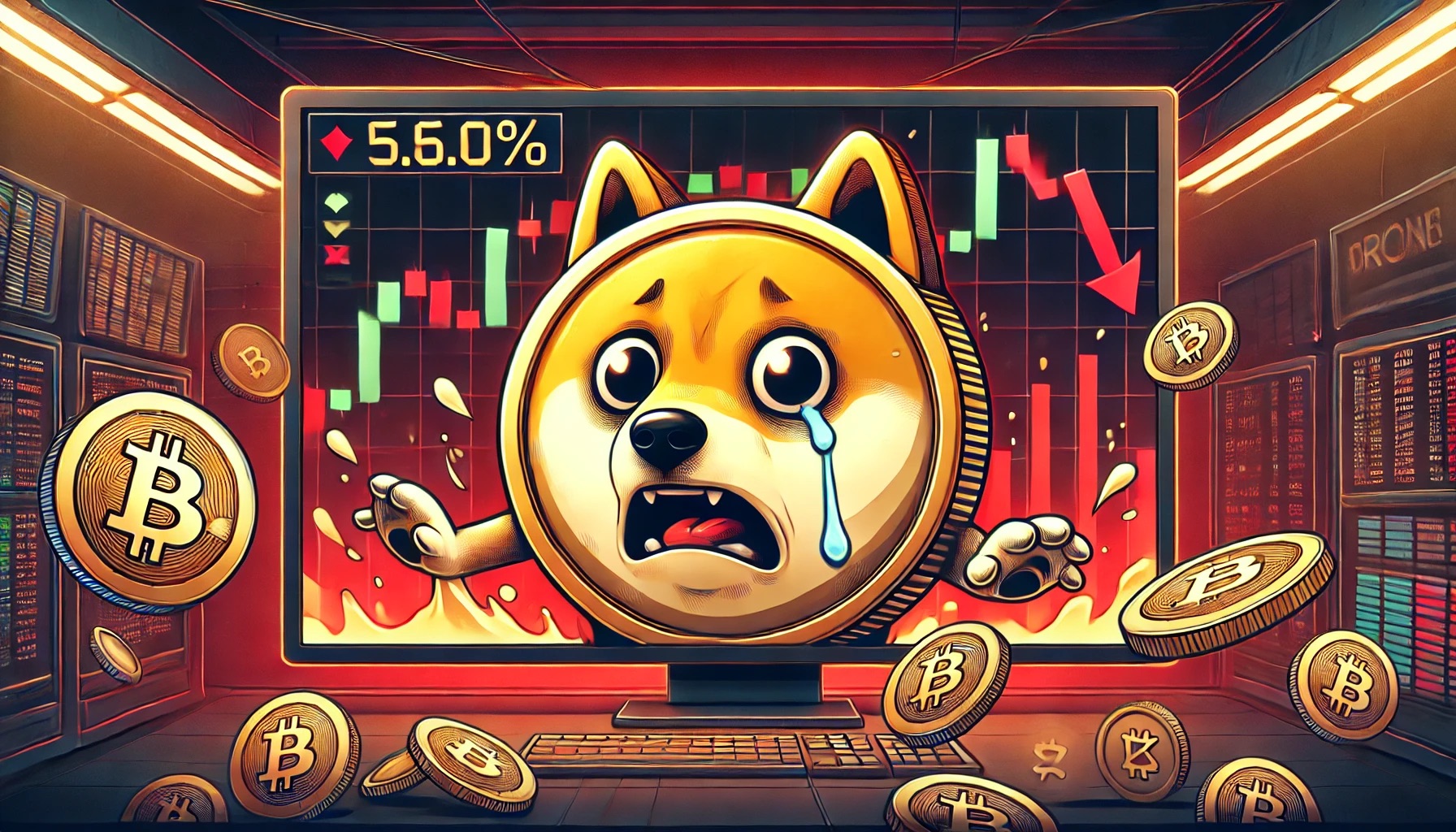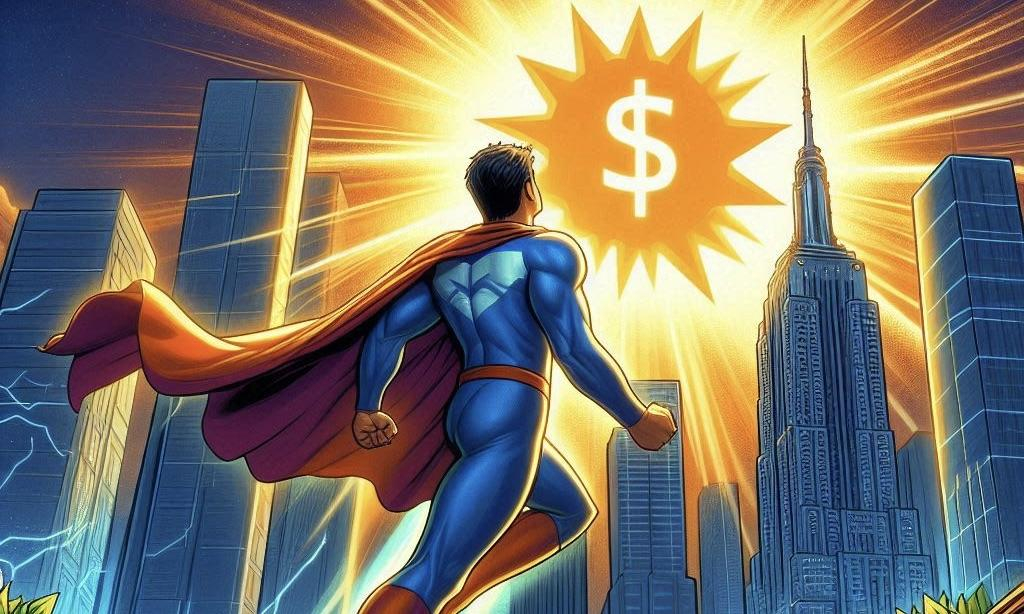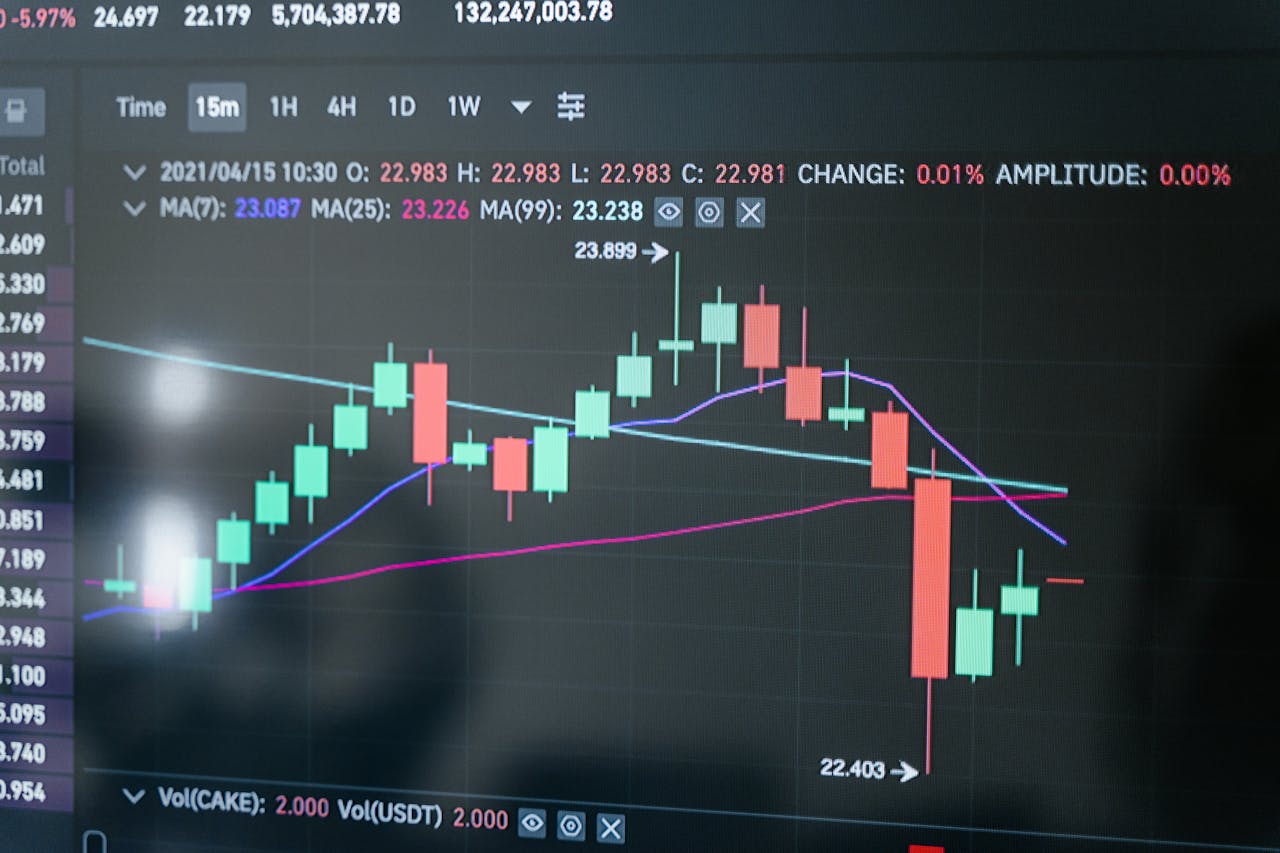Veteran trader Peter Brandt has highlighted similarities between Bitcoin's recent decline and the prelude to the 2016 bull run, sparking renewed interest in market trends.
Parallels with Past Halvings
Veteran trader Peter Brandt has seen a disturbing resemblance between the recent drop in Bitcoin value following the April 2024 halving and the market fluctuations preceding the bull run of 2016.
The analyst stated in an August 5th X post:
Brandt found parallels between the market corrections since the halving dates and their depth.
The price of Bitcoin was $650 on July 9, 2016, the day of the halving. Within a month after the halving, the markets fell 27% to $474, and then in December 2017, they soared to a new high of $20,000.
In a similar vein, Bitcoin's recent collapse below $50,000 is a 26% drop from its post-halving price of $64,962.
Nonetheless, there are those who are predicting a possible slump in Bitcoin prices.
Current Market Movements
As reported by CoinGecko, the price of Bitcoin dropped by double digits to $49,221 on August 5th.
After falling 20% from its July low, it has begun to show signs of life again, regaining $56,000 in early Asian trading on August 6.
Benjamin Cowen, the creator of ITC Crypto, wrote on X on August 5 that the pattern was similar to what happened in 2019 when markets rose at the beginning of the year before plunging into a huge correction in the middle.
Potential for Rapid Recovery
According to a message from Tim Kravchunovsky sent to Cointelegraph, the CEO and founder of the decentralized telecoms network Chirp, crypto assets have the potential to rebound at a far faster rate than other risk assets, just like they did in 2020.
Since "macroeconomic factors are in the driving seat," he claimed, the steep decline was due to issues outside of cryptocurrency:
“Over the coming hours and days, we may well see a decoupling of crypto from traditional stocks, similar to what we saw in 2020.”
He chimed in:
“Back then, crypto staged a much faster and more pronounced recovery from the pandemic-driven collapse than traditional stock markets, and we may well see something similar this time



























Comment 0